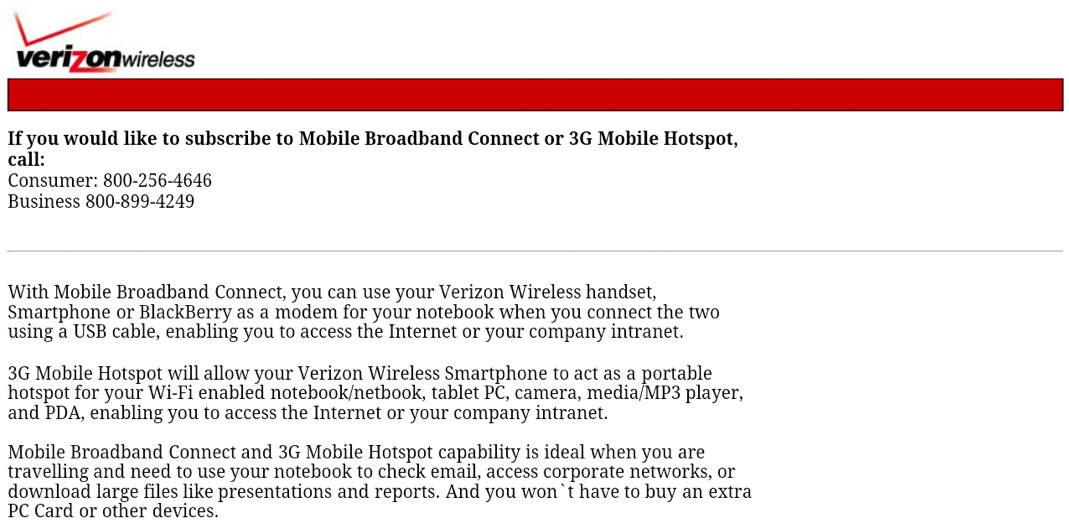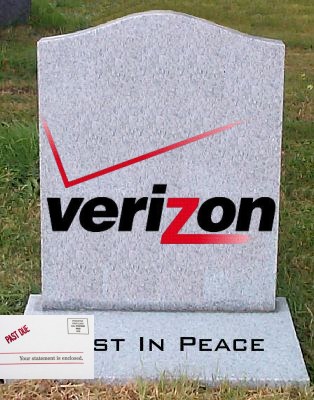 More than 200 Verizon customers
More than 200 Verizon customers in Pennsylvania found their checking accounts balance-challenged when Verizon accidentally withdrew as much as $400 from those already paid in full.
Stop the Cap! reader Chandalee in Pittsburgh sent word her family’s checking account saw a surprise withdrawal from Verizon amounting to hundreds of dollars which helpfully paid for another customer’s past due balance.
“I was outraged when I saw Verizon cleaned us out, and I only learned about it when my debit card was declined at the grocery store — an incredibly embarrassing situation,” Chandalee shares. “If we didn’t have bank reform, our bank would have probably charged us another $300 in bounced debit transaction fees before we learned about what Verizon did.”
Chandalee logged into her bank’s website when she got home and discovered the surprise charge from Verizon.
“I called them on the phone, they hung up on me twice, then told me they didn’t know what I was talking about,” Chandalee says. “I told them I have nearly 400 reasons they were working my last nerve and if they didn’t want to see my face in theirs, they had better put back my money.”
 Verizon accused Chandalee of being rude.
Verizon accused Chandalee of being rude.
“They don’t know what rude is,” she retorts. “I asked for a supervisor and the woman — Ms. Jefferson or something, tells me she is the supervisor, and I told her get someone who supervises her ass on the line real quick.”
Finally, someone noticed her account was already paid in full and they couldn’t find evidence of the extra withdrawal, leading to a new series of questions about whether she had a Verizon Wireless account and maybe she meant to call them instead.
“As if Verizon isn’t also Verizon Wireless… it sure looks like the same red “V” to me — besides I have Sprint,” Chandalee said. “They don’t know who they are dealing with.”
After logging more than two hours on the phone with Verizon, the stalemate ended in a draw. Verizon wanted copies of the bank statement showing the charges and Chandalee was speed dialing her bank to reverse them.
[flv width=”480″ height=”290″]http://www.phillipdampier.com/video/WTAE Pittsburgh Verizon Mixes Up Billing, Charges Customer Extra 385.mp4[/flv]
Last Thursday, the mystery was solved when WTAE-TV in Pittsburgh reported Chandalee wasn’t the only customer suffering from Verizon Empty Bank Account Syndrome. It turned out a “system glitch” was responsible for payments being withdrawn from the “wrong accounts,” and Verizon promised a quick fix. Chandalee wonders if the only way to get Verizon’s attention is to call the local TV station whenever the bill is wrong, because they sure didn’t listen to her when she called. In the end, her bank reversed the charges and Chandalee told Verizon to delete all auto-debit information on her account. “I will write these people my own check from now on,” she says. “People need to watch their bank accounts so this doesn’t happen to them.” (2 minutes)
[Updated 10:14pm — We received word the 200+ impacted customers were from across the nation, not just in Pennsylvania.]


 Subscribe
Subscribe



